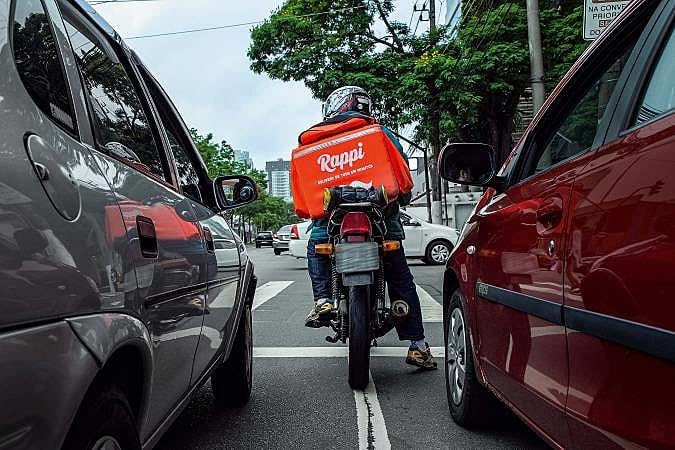The 1st panel of Brazil’s Supreme Court (STF, in Portuguese) unanimously decided to uphold Justice Cristiano Zanin's decision denying the recognition of the employment relationship between delivery workers and the delivery app Rappi. The decision was taken after the app appealed to the Court against the decision of the country's Superior Labor Court (TST, in Portuguese), which recognized an employment relationship in this type of contract.
The other members of the 1st panel were Justices Alexandre de Moraes, Cármen Lúcia and Luiz Fux.
According to the news website Jota, the decision does not have general repercussions but should be considered a precedent in similar cases.
The central argument of Zanin's vote is that outsourcing activities is constitutional, and the TST did not consider the legal aspects that guarantee economic freedom.
“By recognizing the employment relationship, the Labor Court did not consider the legal aspects related to the issue, especially the precedents of the Supreme Court that enshrine economic freedom, the organization of productive activities and admit other forms of contracting for the provision of services," reads the text.




